GORDON PARSONS is bowled over by a skilfully stripped down and powerfully relevant production of Hamlet
Grace notes
WILL STONE welcomes an outstanding collection of jazz writing from the Morning Star’s own correspondent
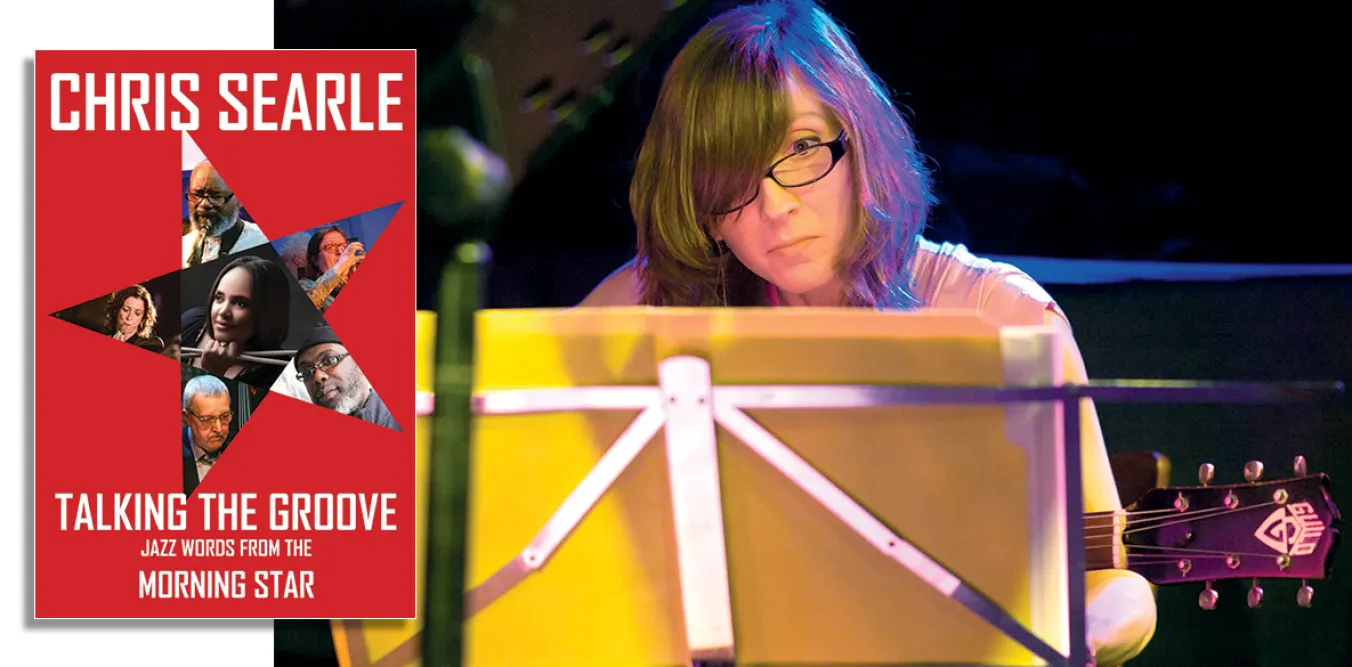
Talking The Groove: Jazz Words From The Morning Star
Chris Searle
Jazz In Britain, £16.99
CHRIS SEARLE’s jazz column is to the Morning Star’s arts pages what Farringdon’s racing tips are to its sports section — both having built something of a trademark for the paper over nearly 30 years, and for many as indispensable as its editorial or crossword.
He has written or edited more than 50 books and Talking The Groove is his third on jazz, following 2008’s Forward Groove and 2013’s Red Groove.
This worthy compendium brings together reviews and interviews of more than 150 artists from our intrepid “jazz correspondent” — a writer whose passionate and at times poetic style defies anyone, even the jazz haters, not to be in some way inspired.
More from this author
The phrase “cruel to be kind” comes from Hamlet, but Shakespeare’s Prince didn’t go in for kidnap, explosive punches, and cigarette deprivation. Tam is different.
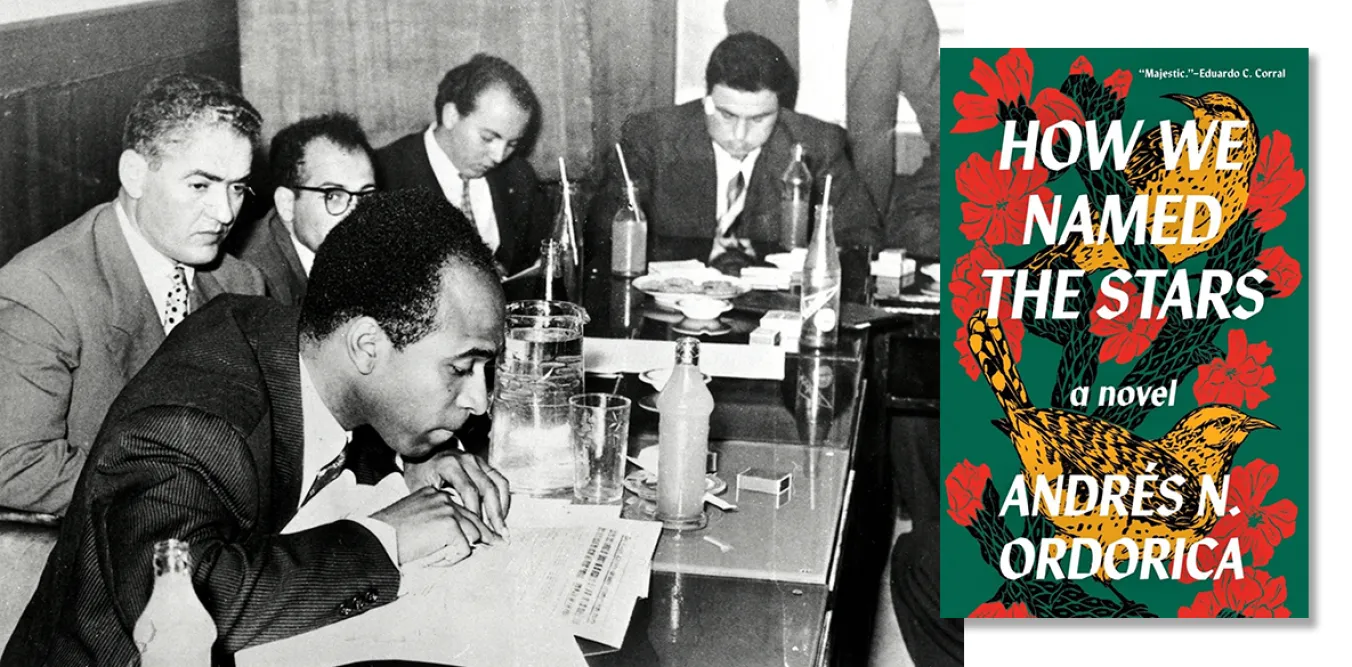
ANGUS REID deconstructs a popular contemporary novel aimed at a ‘queer’ young adult readership

A landmark work of gay ethnography, an avant-garde fusion of folk and modernity, and a chance comment in a great interview

ANGUS REID applauds the inventive stagecraft with which the Lyceum serve up Stevenson’s classic, but misses the deeper themes
Similar stories
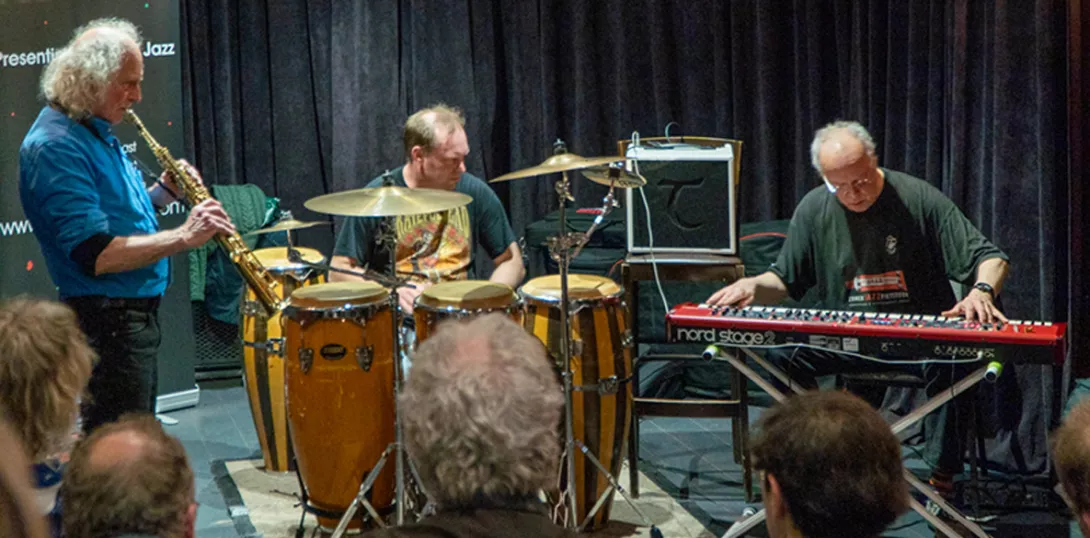
CHRIS SEARLE interviews veteran pianist VERYAN WESTON
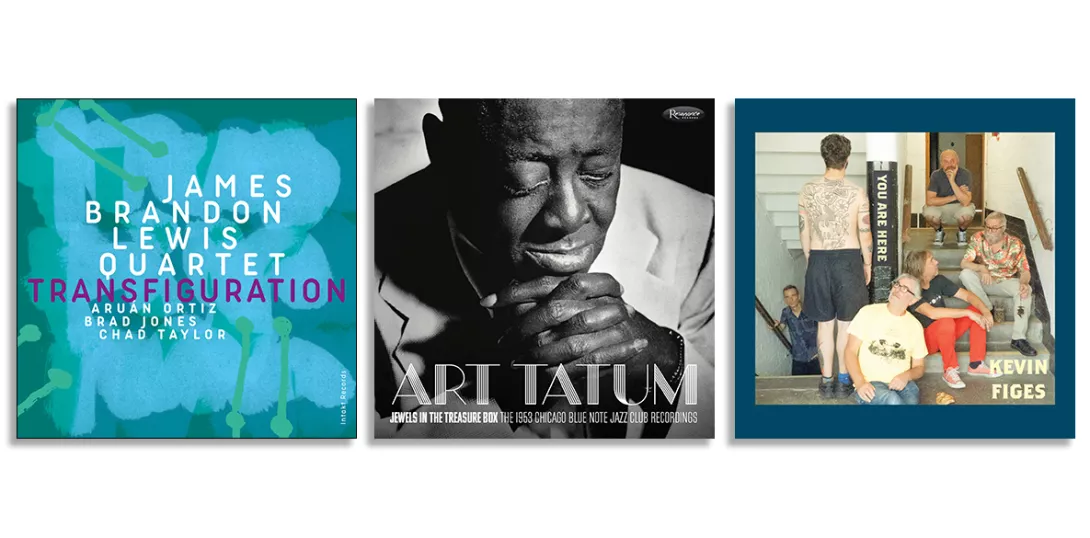
James Brandon Lewis Quartet, Art Tatum Trio and Kevin Figes
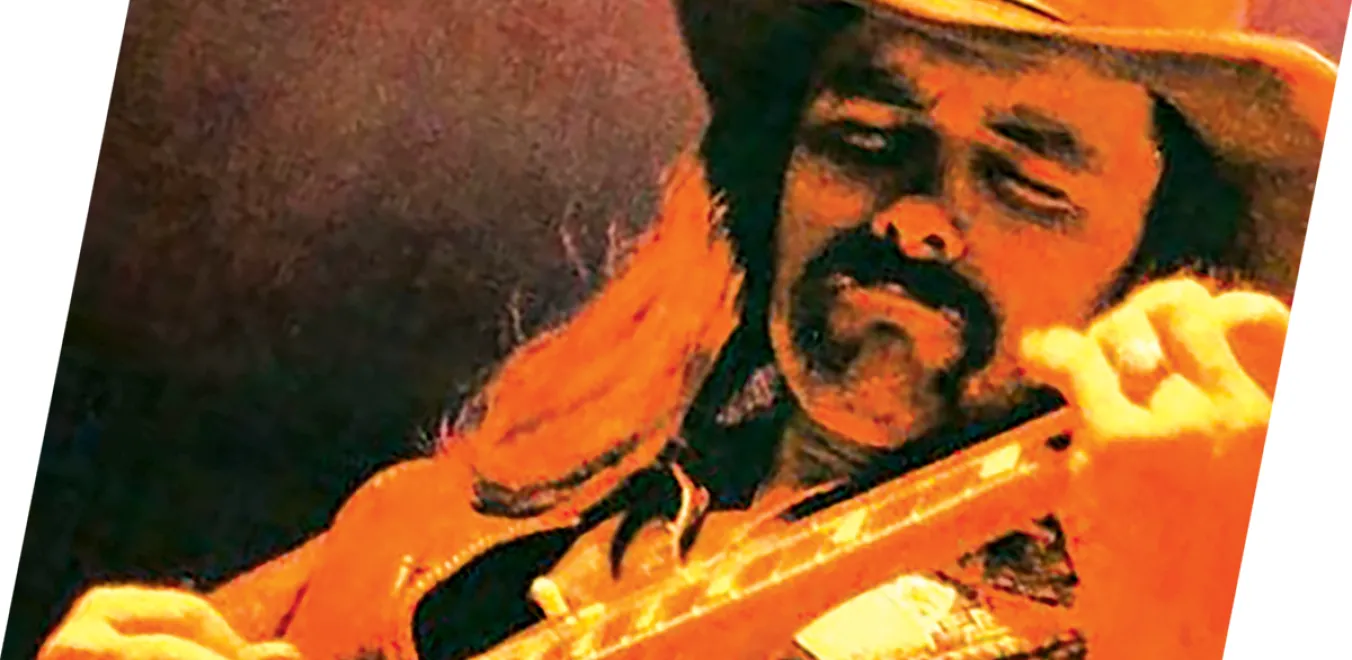
KEVIN BRYAN, CHRIS SEARLE and TONY BURKE review new releases from Dickey Betts, Little Johnny England, Greenslade, Benet McLean, Sam Newbould, Sofia Jernberg/Alexander Hawkins, compilation: Walking To New Orleans, compilation: This Is Goldwax: 1964-1968, Jack Bruce
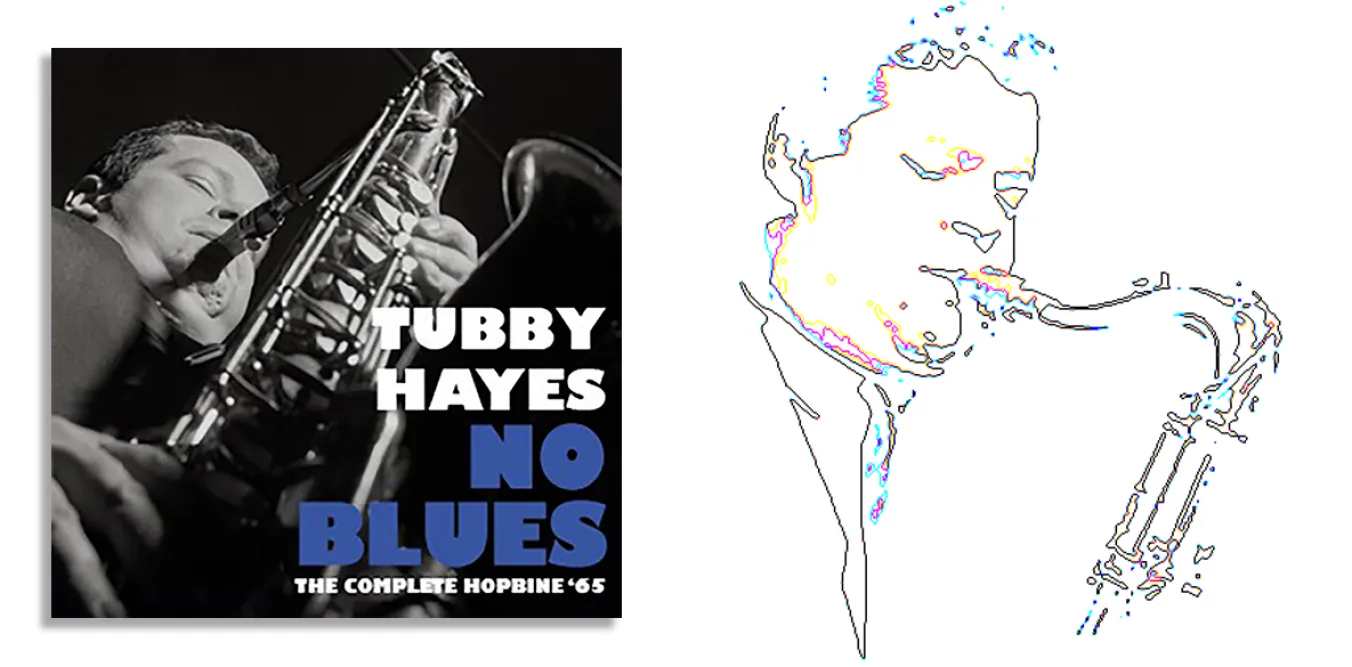
CHRIS SEARLE speaks to saxophonist and jazz historian Simon Spillett about Tubby Hayes, whose self-taught virtuosity was emblematic of the ’Swinging London’ of the 1960s









